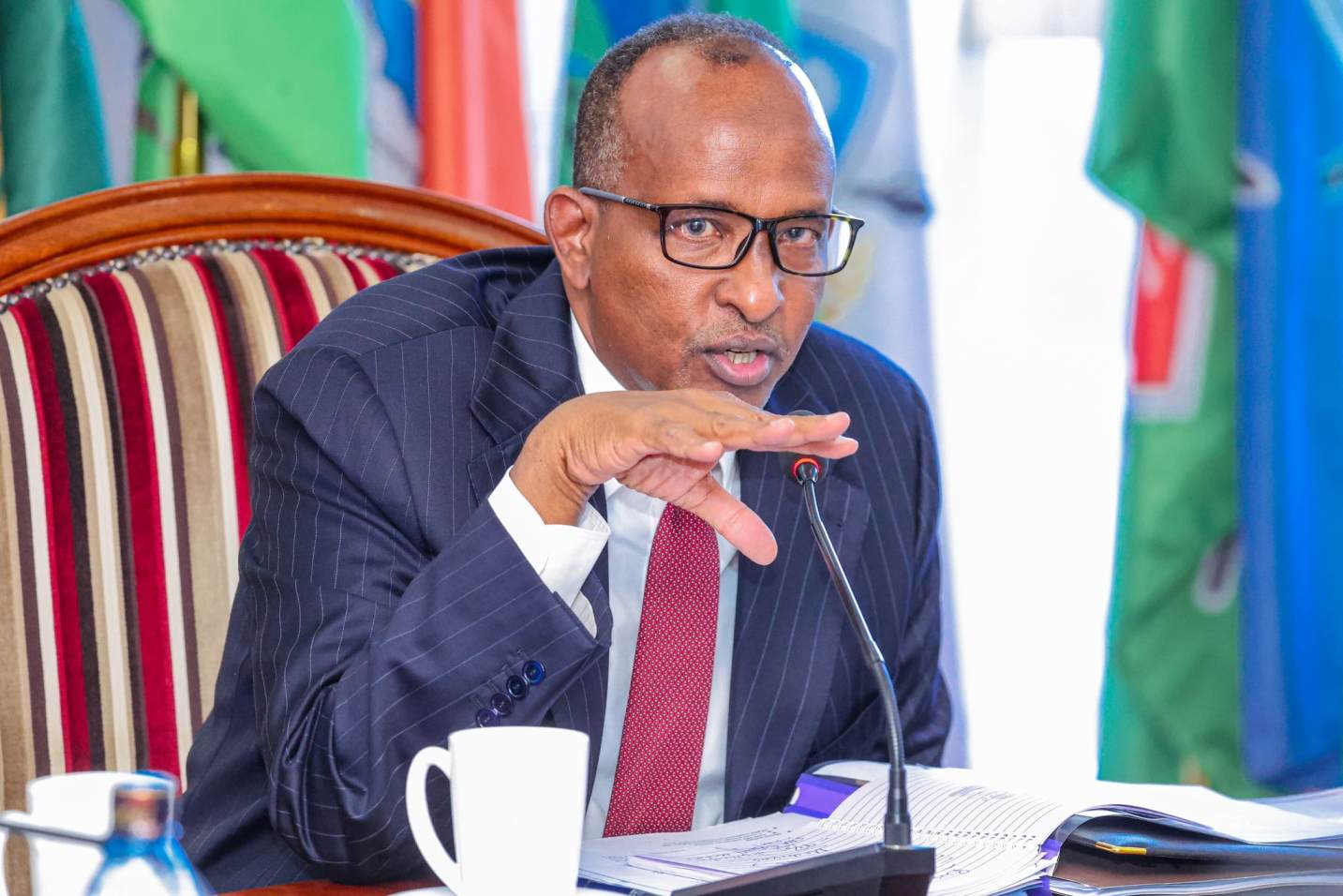Health Cabinet Secretary Aden Duale has announced a freeze on the licensing of new foreign medical practitioners in Kenya, citing growing concerns over ethical violations in organ transplant procedures, particularly those conducted at Mediheal Group of Hospitals.
The move comes as the government seeks to tighten oversight of transplant practices and restore trust in the healthcare system.
In a directive issued on Wednesday, Duale instructed the Kenya Medical Practitioners and Dentists Council (KMPDC) to immediately stop issuing licenses to foreign doctors, with an exception for those from East African Community member states.
He said this suspension would remain in place until Kenya’s existing guidelines are reviewed and aligned with global standards.
"I am appointing an independent committee of transplant experts, drawn from public and private health facilities, professional associations, and relevant regulatory bodies to undertake a comprehensive audit of all kidney transplant services at the Mediheal Group of Hospitals for the past five years," Duale said.
The committee will investigate governance, clinical procedures, patient safety, and adherence to ethical protocols in transplant cases carried out at Mediheal since 2018.
The review is to be completed and submitted to the Cabinet Secretary within 90 days.
Duale also directed the KMPDC to audit all currently licensed foreign doctors practicing in the country and deliver a separate report within the same timeframe.
The findings are expected to inform future licensing decisions and guide reforms in transplant oversight.
The CS explained that his decision was partly influenced by the shortcomings of an earlier probe conducted in December 2023.
The report from that investigation, he said, was never formally submitted to the Ministry and lacked unanimous support from all committee members.
"This action is necessitated by the fact that the report of the December 2023 probe team was neither formally submitted to the Ministry nor unanimously endorsed by its members,” he said.
The initial investigation was carried out by a 12-member team appointed by Dr. Maurice Wakwabubi, acting CEO of the Kenya Blood Transfusion and Transplant Services (KBTTS).
It looked into 372 kidney transplants performed at Mediheal Fertility and Transplant Centre in Eldoret between 2018 and 2023.
Among the concerns raised was the unclear nature of the relationships between some foreign donors and recipients. Investigators found that in several cases, donors and recipients had no documented connection, and there was no formal mechanism to verify their relationships.
"There is a need to ascertain the relationship status of the foreign donor and recipient," read the report.
Consent procedures were also flagged. While the hospital claimed consent was obtained in all cases, the probe found that forms were not translated into languages understood by donors and recipients.
In addition, key figures such as interpreters and patient advocates were missing from the ethics committee, casting doubt on the integrity of the approval process.
"There is a need to ascertain the relationship status of the foreign donor and recipient," the report stated, pointing to a broader issue of accountability in the approval process.
The investigation also revealed a pattern in the donor documentation.
A recurring name, “Yusuf,” appeared as the next of kin in several unrelated donor files, prompting concerns over a possible coordinated scheme.
Financial transactions were mostly handled in cash, raising questions about transparency and oversight.
A letter from the Transplantation Society further deepened concerns, warning of Israeli nationals receiving transplants in Kenya and alleging the existence of an “organised syndicate evading regulations.”
The investigating team could not conclusively prove trafficking but did raise the alarm over suspicious activities and regulatory gaps that may be facilitating abuse.
"In our opinion, the committee thinks there is suspicious activity for trafficking, but there is insufficient evidence," the report noted.

